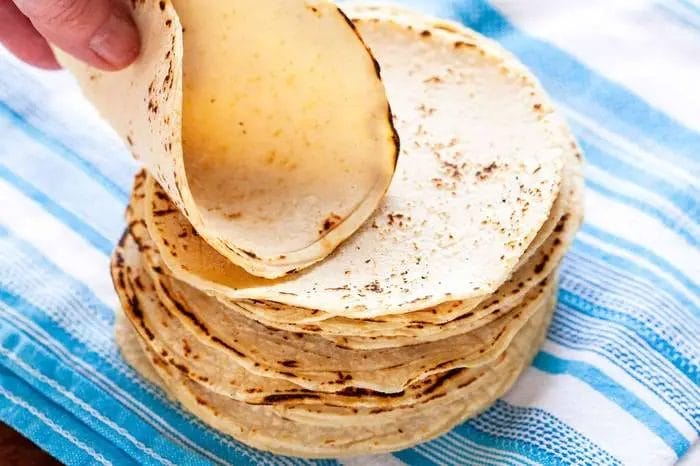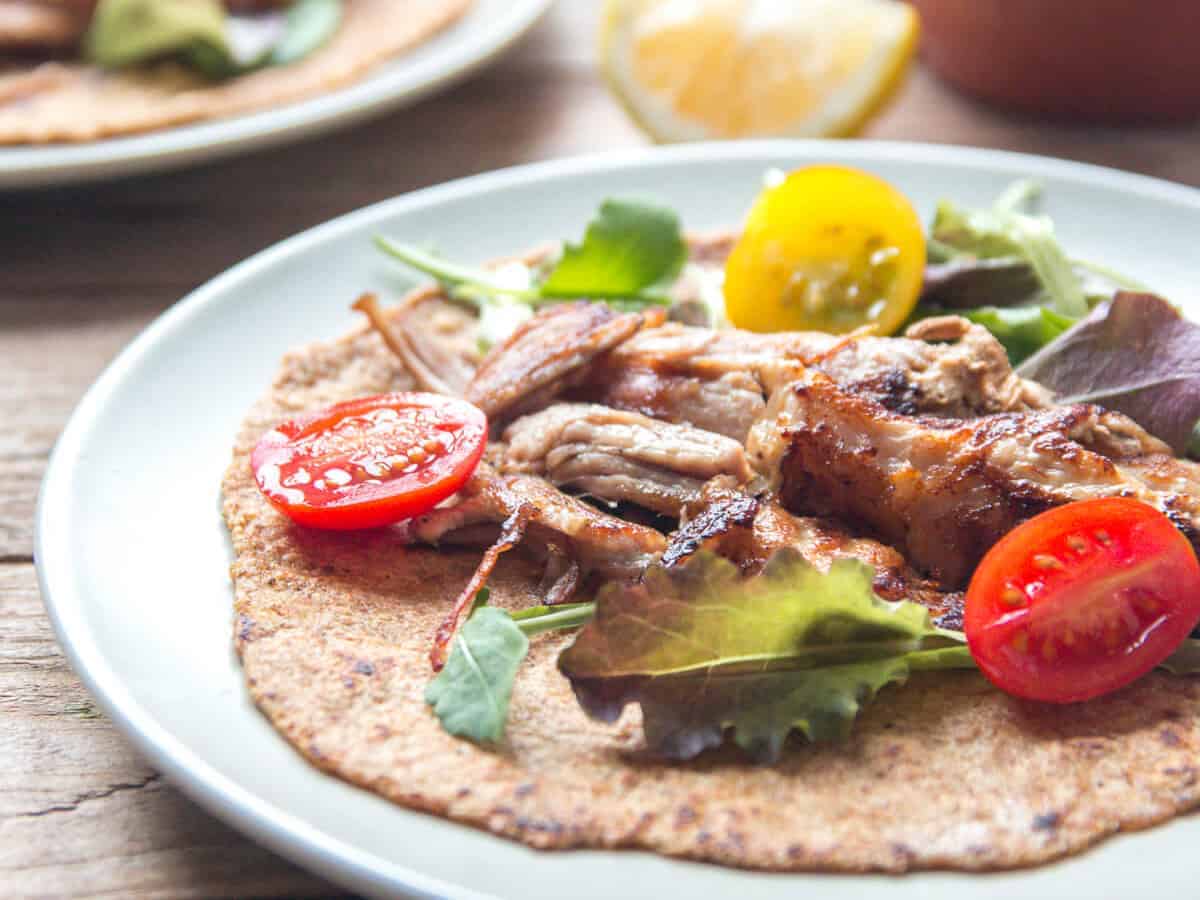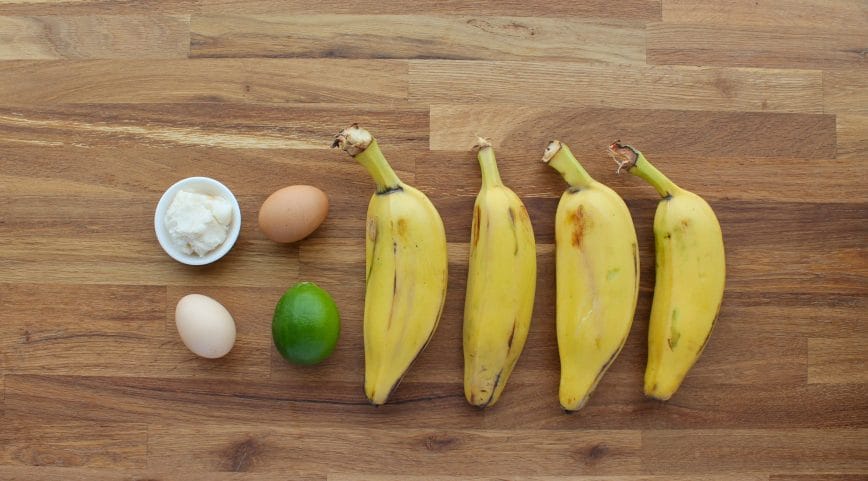In the world of dietary trends and nutritional choices, the Paleo diet stands out as a timeless pursuit of wholesome eating, inspired by our ancient ancestors.
But here’s the twist: when it comes to corn tortillas, it’s a culinary conundrum that has perplexed many a Paleo enthusiast.
Are corn tortillas truly in harmony with the Paleo lifestyle, or do they belong to the forbidden realm of grains?
Let’s peel back the corn husk and uncover the delicious truth about whether corn tortillas can coexist with Paleo principles. Get ready to savor the flavor of knowledge as we explore this maize maze!

Are corn tortillas paleo?
The paleo diet, also known as the Paleolithic or caveman diet, is based on the idea of eating foods that our ancestors from the Paleolithic era would have consumed. It typically includes whole foods such as lean meats, fish, fruits, vegetables, nuts, and seeds while excluding processed foods, grains, legumes, dairy, and certain other modern food items.
Corn tortillas can be a subject of debate within the paleo community. While corn itself is a natural food source, some proponents of the paleo diet argue against the inclusion of corn and corn-based products, including corn tortillas, for several reasons:
- Grain-Like Qualities: Corn is often classified as a grain, and some paleo adherents avoid all grains, including corn, due to concerns about potential adverse effects on health.
- Anti-Nutrients: Corn contains certain compounds, such as phytic acid, lectins, and saponins, which some argue can have negative effects on digestion and nutrient absorption. Paleo advocates often avoid foods with high levels of these compounds.
- Evolutionary Perspective: From an evolutionary perspective, some argue that corn wasn’t a significant part of the human diet during the Paleolithic era, and therefore it shouldn’t be included in a strict paleo diet.
However, there are others in the paleo community who are more lenient and may include small amounts of corn or corn products like corn tortillas in their diet, especially if they are prepared using traditional methods such as nixtamalization, which involves soaking and cooking corn with an alkaline substance like lime (calcium hydroxide) to reduce anti-nutrients and improve nutrient bioavailability.

Ultimately, whether corn tortillas are considered paleo or not can vary depending on an individual’s interpretation of the diet and their personal dietary preferences. If you are following a strict paleo diet, you may choose to avoid corn tortillas and opt for alternative options like almond or cassava flour tortillas, which are considered paleo-friendly by most interpretations of the diet.
Comparing Corn Tortillas with Other Paleo-Friendly Alternatives
When following a paleo diet, finding suitable alternatives for certain foods can be challenging. One such food item is tortillas. Traditionally made from corn or flour, tortillas are a staple in many cuisines. However, corn tortillas are not considered paleo-friendly by most people. In this section, we will compare corn tortillas with other paleo-friendly alternatives.
1. Lettuce Wraps
Lettuce wraps have gained popularity as a healthier alternative to tortillas. They provide a refreshing crunch and are incredibly low in calories and carbohydrates.
Lettuce wraps offer a light and fresh option for wrapping your favorite fillings. They are particularly suitable for dishes like tacos, where the filling takes center stage.
Lettuce wraps are a great option for those looking to reduce their carbohydrate intake while still enjoying a delicious and satisfying meal.

2. Collard Green Wraps
Collard greens are large, sturdy leaves that make excellent wraps for a variety of fillings. They have a slightly bitter taste that complements savory ingredients well.
Collard green wraps are not only paleo-friendly but also rich in vitamins and minerals. They can be enjoyed raw or lightly blanched to soften the leaves.
Whether you’re making a wrap with grilled chicken, beef, or vegetables, collard green wraps provide a sturdy and nutritious base.
3. Coconut Flour Tortillas
For those who still crave a more traditional tortilla experience, coconut flour tortillas offer a great alternative. Coconut flour is low in carbohydrates and high in fiber, making it a suitable choice for paleo diets.
Coconut flour tortillas have a slightly sweet and nutty flavor and can be easily made at home using a few simple ingredients. They provide a soft and pliable texture, making them perfect for stuffing with your favorite fillings.
Coconut flour tortillas are an excellent option for those looking for a grain-free, paleo-friendly alternative.
4. Cassava Flour Tortillas
Cassava flour tortillas are another popular paleo-friendly alternative to corn tortillas. Cassava flour is made from the starchy root of the cassava plant, which is naturally gluten-free and paleo-friendly. These tortillas have a mild flavor and a soft, chewy texture. They can be used in a variety of dishes, from quesadillas to burritos.
Cassava flour tortillas provide a great option for those who prefer a more traditional tortilla taste and texture without compromising their paleo lifestyle.
5. Almond Flour Wraps
Almond flour wraps are a nutritious and delicious option for those following a paleo diet. Almond flour is made from finely ground almonds and is rich in healthy fats and protein. These wraps have a slightly nutty flavor and a soft, pliable texture.
Almond flour wraps can be used in a variety of dishes, from sandwiches to enchiladas. They provide a great alternative to corn tortillas, especially for those who prefer a higher fat and protein content in their meals.
Tips for Incorporating Corn Tortillas into a Paleo Lifestyle
Here are some tips to help you make the most of corn tortillas while following a paleo diet:
1. Choose Organic and Non-GMO Corn Tortillas
When buying corn tortillas, it is essential to opt for organic and non-GMO varieties. This ensures that the tortillas are made from corn that has not been genetically modified and grown without the use of harmful pesticides. Organic and non-GMO corn tortillas will be a healthier option that aligns with the principles of paleo eating.
2. Check the Ingredient List
Before purchasing corn tortillas, always check the ingredient list. Make sure that the tortillas contain only a few simple ingredients, such as corn, water, and lime. Avoid tortillas that include preservatives, additives, or fillers that are not in line with the paleo diet.
3. Enjoy Moderately
While corn tortillas can be included in a paleo lifestyle, it’s important to remember that they should be enjoyed in moderation. Corn is a high-carb food, so if you are following a low-carb version of the paleo diet, you may need to limit your consumption of corn tortillas. Listen to your body and adjust your intake accordingly.
4. Use Corn Tortillas as Wraps
A great way to incorporate corn tortillas into a paleo lifestyle is to use them as wraps. You can fill them with a variety of paleo-approved ingredients, such as grilled chicken, avocado, lettuce, and salsa. This allows you to enjoy your favorite wraps and sandwiches without compromising your dietary preferences.
5. Make Your Own Corn Tortillas
If you have the time and enjoy cooking, consider making your own corn tortillas at home. This way, you have full control over the ingredients and can ensure that they align with your paleo diet. Making corn tortillas from scratch is relatively simple and requires just a few ingredients, such as masa harina (corn flour) and water.
6. Experiment with Different Fillings
Don’t limit yourself to traditional fillings when using corn tortillas. Get creative and experiment with different combinations of ingredients. For example, you can try filling your tortillas with grilled shrimp, sautéed vegetables, or even a breakfast scramble. The possibilities are endless, and by trying new combinations, you can keep your meals exciting and satisfying.
7. Pair Corn Tortillas with Nutritious Ingredients
To make your corn tortilla meals even more nutritious, pair them with a variety of paleo-friendly ingredients. Include plenty of fresh vegetables, lean proteins, and healthy fats to create a well-balanced and satisfying meal. The addition of nutrient-dense ingredients will not only enhance the flavor but also provide your body with essential vitamins and minerals.
8. Opt for Grilled or Baked Tortillas
Instead of frying your corn tortillas, consider grilling or baking them. This reduces the amount of added oil and makes them a healthier option. Grilled or baked corn tortillas still offer a delicious and crispy texture, perfect for your paleo-friendly tacos, quesadillas, or tostadas.
9. Be Mindful of Portion Sizes
Portion control is key when incorporating corn tortillas into a paleo lifestyle. While they can be a great addition to a meal, it’s essential to be mindful of the quantity you consume. Balancing your portions with other nutrient-dense foods will help you stay within your desired caloric intake and maintain a healthy paleo diet.
In summary, corn tortillas can be a suitable option for incorporating into a paleo lifestyle if chosen wisely and consumed in moderation. By selecting organic and non-GMO tortillas, checking the ingredient list, and pairing them with nutritious fillings, you can enjoy the flavors and textures of Mexican cuisine while staying true to your paleo diet. So go ahead, indulge in a delicious paleo-friendly taco or wrap and savor the taste of corn tortillas without compromising your dietary preferences.
Conclusion
The question of whether corn tortillas are paleo-friendly can be answered with a nuanced approach. While corn itself is a plant-based food, it is important to consider the processing and possible additives in store-bought corn tortillas.
However, if you opt for homemade corn tortillas using fresh, organic cornmeal, they can be enjoyed as part of a paleo diet. It’s also crucial to remember that individual dietary needs and sensitivities may vary, and consulting with a healthcare professional or nutritionist is always advised before making any significant dietary changes.
Ultimately, the key is to prioritize whole, unprocessed foods and listen to your body’s unique needs.
